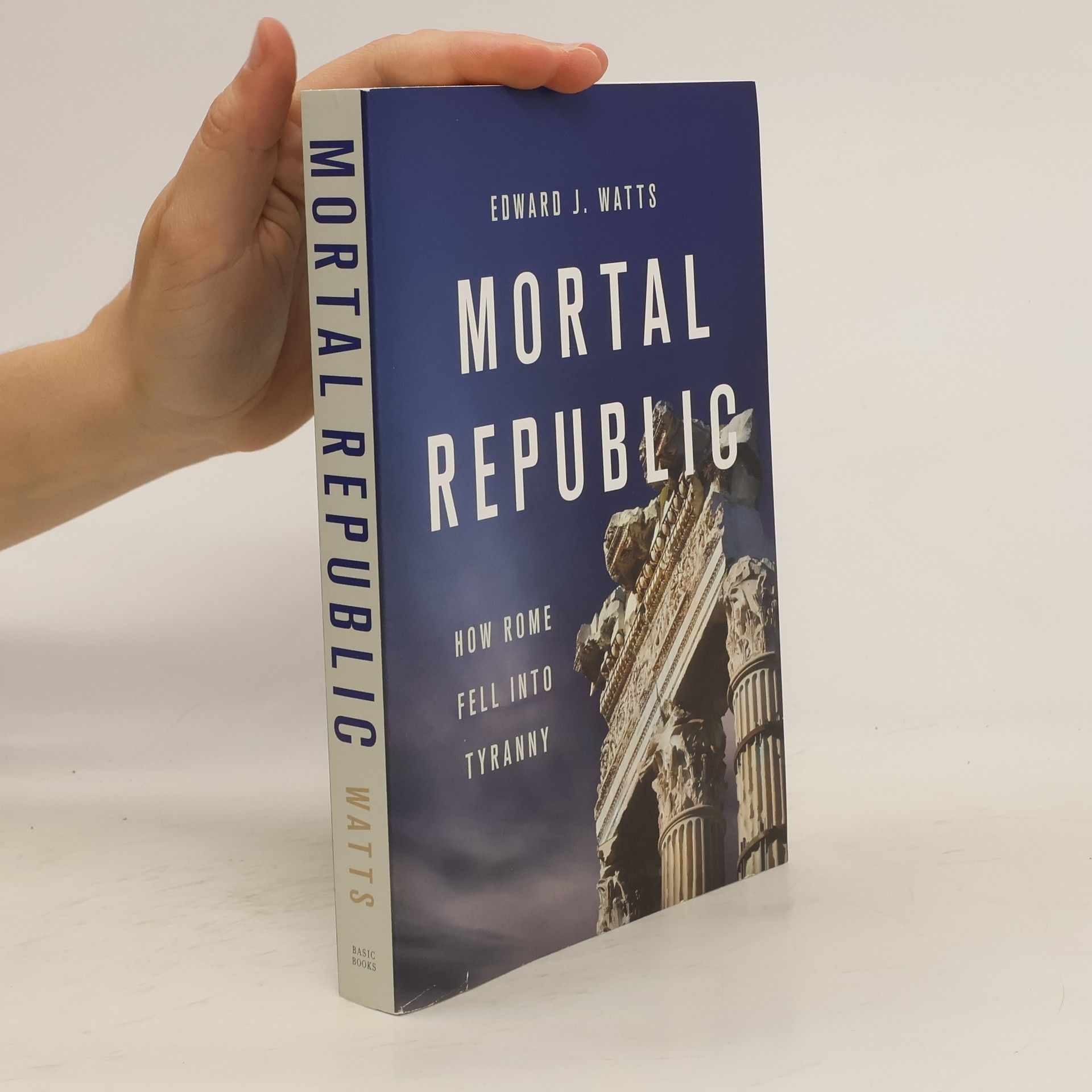Mortal Republic
- 352 Seiten
- 13 Lesestunden
A new history of the Roman Republic and its collapse
Edward Watts ist ein Historiker, dessen Werk sich auf die intellektuelle und religiöse Geschichte des Römischen und frühen Byzantinischen Reiches konzentriert. Seine Schriften tauchen tief in die Denkprozesse und Überzeugungen der Menschen während entscheidender Perioden der Antike ein. Watts untersucht, wie sich Weltanschauungen und Vorstellungen vom Göttlichen in diesen prägenden Zivilisationen veränderten. Leser werden seine Fähigkeit schätzen, vergangene Welten durch sorgfältige historische Analyse zum Leben zu erwecken.



A new history of the Roman Republic and its collapse
The Final Pagan Generation recounts the fascinating story of the lives and fortunes of the last Romans born before the Emperor Constantine converted to Christianity. Edward J. Watts traces their experiences of living through the fourth century's dramatic religious and political changes, when heated confrontations saw the Christian establishment legislate against pagan practices as mobs attacked pagan holy sites and temples. The emperors who issued these laws, the imperial officials charged with implementing them, and the Christian perpetrators of religious violence were almost exclusively young men whose attitudes and actions contrasted markedly with those of the earlier generation, who shared neither their juniors' interest in creating sharply defined religious identities nor their propensity for violent conflict. Watts examines why the "final pagan generation"--born to the old ways and the old world in which it seemed to everyone that religious practices would continue as they had for the past two thousand years--proved both unable to anticipate the changes that imperially sponsored Christianity produced and unwilling to resist them. A compelling and provocative read, suitable for the general reader as well as students and scholars of the ancient world
The Eternal Decline and Fall of Rome tells the story of 2200 years of the use and misuse of the idea of Roman decline by ambitious politicians, authors, and autocrats as well as the people scapegoated and victimized in the name of Roman renewal. It focuses on the long history of a way of describing change that might seem innocuous, but which has cost countless people their lives, liberty, or property across two millennia.